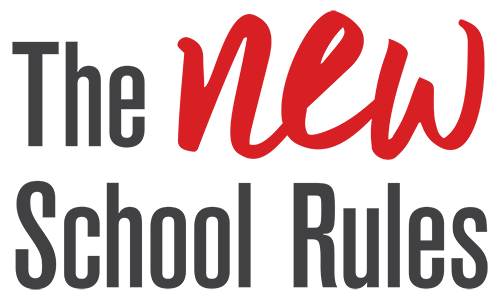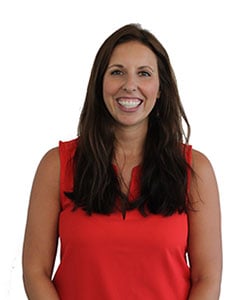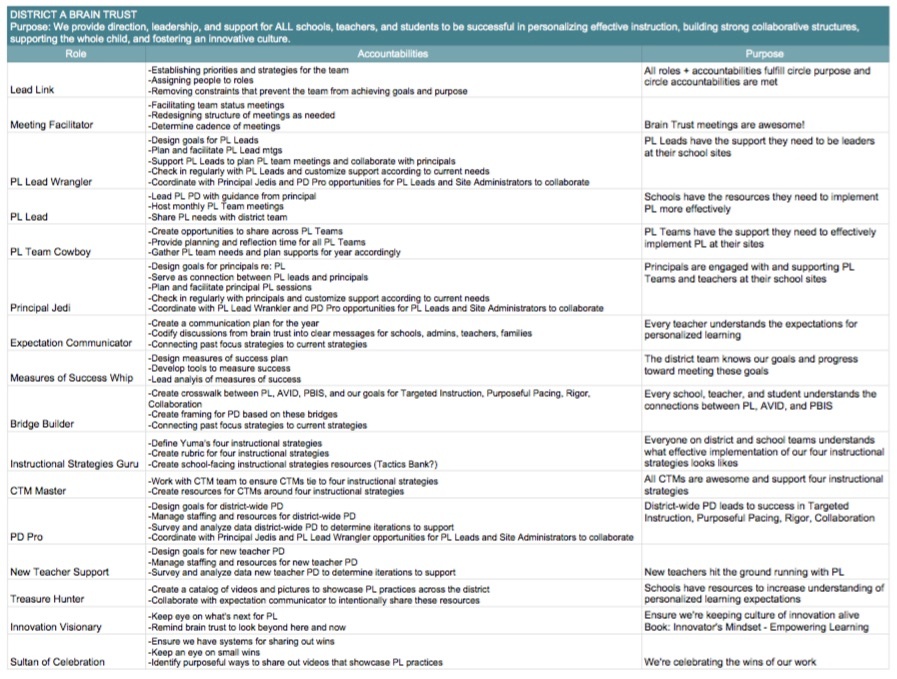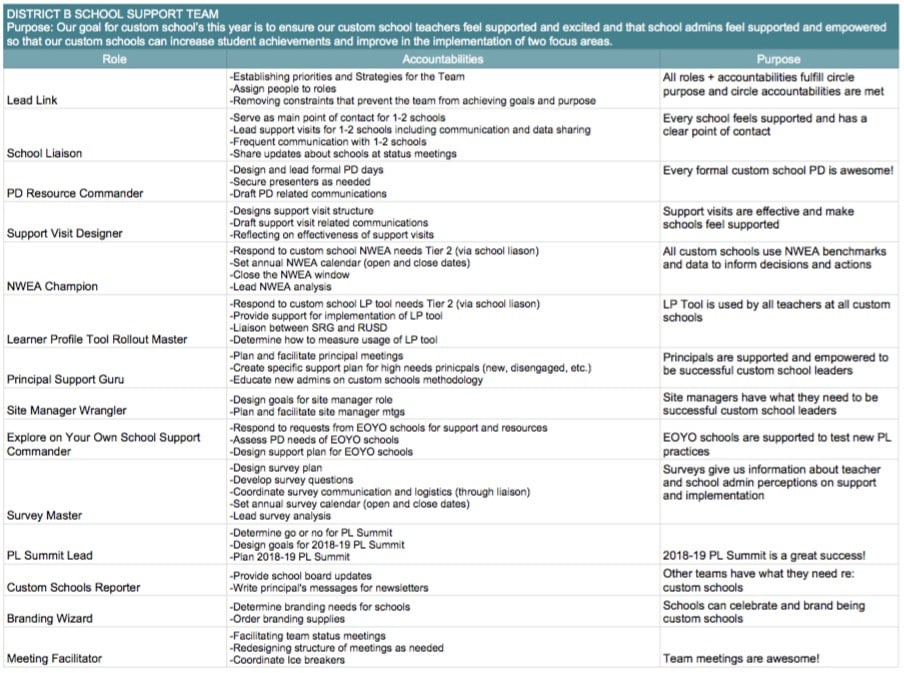
4 Ways To Increase Accountability on Your Team
Classrooms | Innovative Leadership | Organizational Leadership & Change Management
How many of you have been on a team where one person carries the bulk of the work? One where teammates spend hours fighting for control of decisions and resources? One where nobody claims responsibility for the failure of a project?
This confusion over roles, conflict over authority, and lack of accountability is unfortunately all too common.
In their recent book, The NEW School Rules: 6 Vital Practices For Thriving and Responsive Schools, Anthony Kim and Alexis Gonzales-Black help us to think about roles in a new way. The third chapter focuses on Rule #3: Define The Work Before You Define The People and gives reader insight into how to avoid these common pitfalls
I first paid close attention to the relationship between job titles, roles, and accountabilities during a holacracy training with Alexis in 2015. Alexis was helping our team at Education Elements think differently about how we work, collaborate, and make decisions. As part of this she supported our organization to redesign our team structures and taught us about holacracy, a responsive (versus hierarchical) way of organizing. A key tenet of holacracy is rethinking the way roles on a team are structured. We often think of our role as our job title, but roles are actually fluid and change frequently based on the needs of teams and organizations. Rethinking the relationship between roles, accountabilities, and people is an essential component in changing the way work gets done and decisions get made within and across teams.
This table below from shows we often set up teams. We start with the existing people and divy up work based on those individuals and what their job title suggests they should do.

In reality, the project might demand very different types of roles and skill sets. What would happen if we started with the roles before adding in the people? The examples below show how two districts designed more specific and effective roles by defining the work before they defined the people. In both examples, the teams are responsible for leading a district-wide personalized learning initiative. Though their purpose is very similar, the roles look quite different based on each district’s distinct needs.
DISTRICT A
DISTRICT B
If regrouping roles and accountabilities sounds exciting, but daunting, don’t worry! I’ve developed a workout to help get you more comfortable thinking about roles in this way. Use Workout #3A: Build Skills To ReGroup Roles + Accountabilities on your own or with your team to practice in a low stakes environment before regrouping your team roles and accountabilities.
In fact there are four simple ways that you can start to think differently about roles and teams and ultimately increase ownership and accountability on your team.
|
FOUR WAYS TO INCREASE ACCOUNTABILITY ON YOUR TEAM
|
We’d love to learn more about what is working and what is not as you seek to increase accountability and ownership on your team. Share your questions, insights, and stories with us by tweeting @6NewSchoolRules or emailing nsr@edelements.com.
Keara is a Partner at Education Elements who focuses on how to build and scale a culture of innovation in large systems, how to create national communities of collaboration, and how to keep laughing when pursuing daunting, large-scale changes. She designed the toolkit for The NEW School Rules. Keara was born in rural, southern Oregon and currently lives in Denver.
About Keara Mascareñaz
Keara is a Managing Partner at Education Elements who focuses on how to build and scale a culture of innovation in large systems, how to create national communities of collaboration, and how to keep laughing when pursuing daunting, large-scale changes. She was lucky to collaborate with co-authors Alexis Gonzales-Black and Anthony Kim to design the website and toolkit for The NEW School Rules: 6 Practices for Responsive and Thriving Schools.






